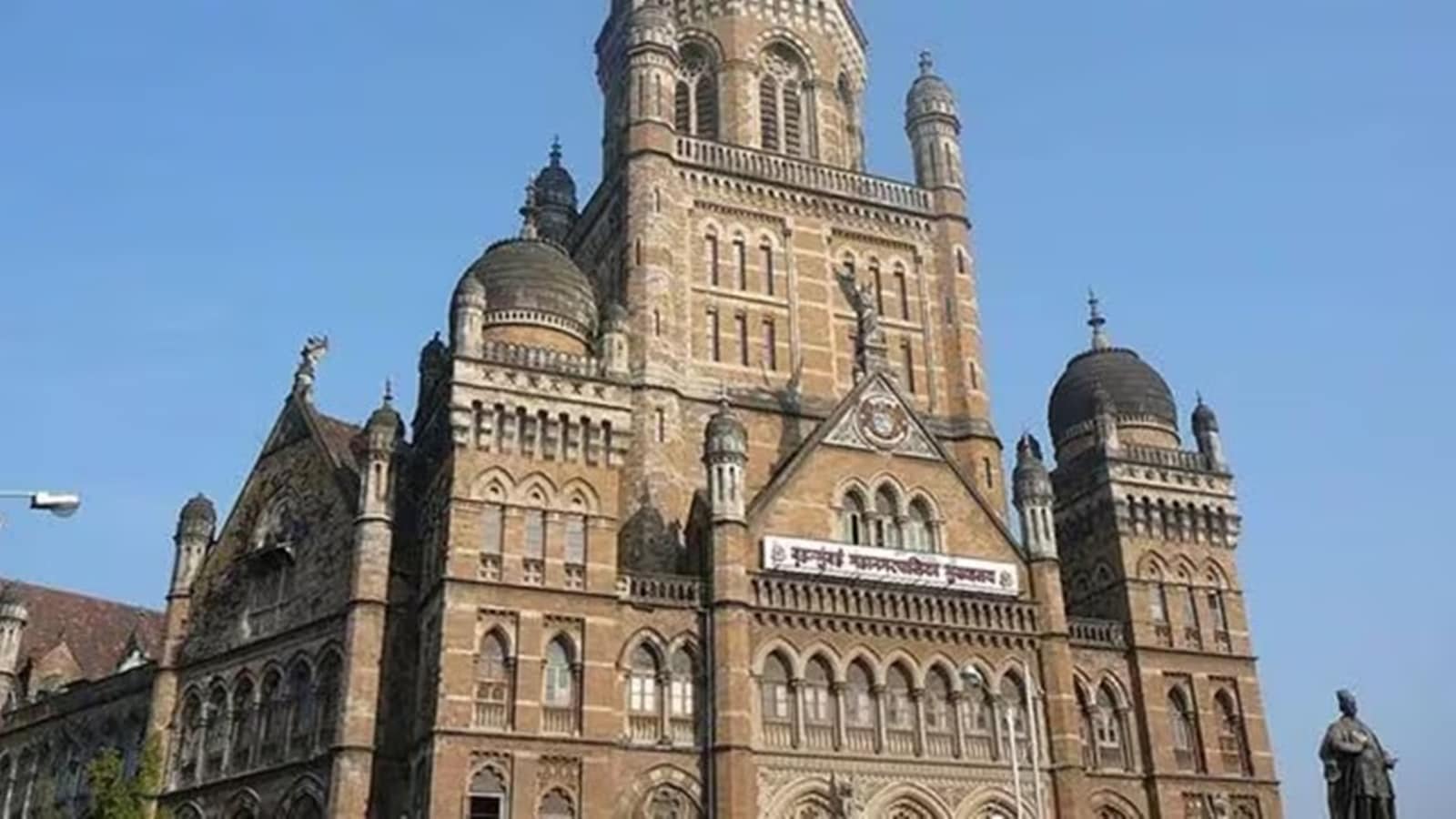 |
|
The Brihanmumbai Municipal Corporation (BMC) has allocated a substantial ₹5,545 crore (approximately $670 million USD) towards the construction of seven sewage treatment plants (STPs) in Mumbai. This significant investment, representing 12.8% of the total capital expenditure in the 2025-2026 civic budget, signifies a 35% increase compared to the previous year's allocation. The overall project cost is estimated at over ₹30,000 crore (approximately $3.6 billion USD), highlighting its scale and importance for the city's future. The project, initiated with a groundbreaking ceremony by Prime Minister Narendra Modi in January 2023, is crucial for addressing Mumbai's water scarcity and environmental challenges.
The STP project, spearheaded by the Mumbai Sewage Disposal Project (MSDP) department, aims to treat a combined 2,464 million liters (MLD) of wastewater daily for potable use, and an additional 1,232 MLD for non-potable purposes. This ambitious undertaking is spread across seven locations: Worli, Bandra, Dharavi, Versova, Malad, Ghatkopar, and Bhandup. The Worli plant, the largest, boasts a capacity of 500 MLD, while other plants vary in capacity, ranging from 180 MLD (Versova) to 454 MLD (Malad). The strategic placement of these plants ensures comprehensive coverage across Mumbai's diverse areas.
The rationale behind the project's substantial funding stems from Mumbai's unique geographic challenges and its growing water needs. As an island city, Mumbai lacks natural water resources and relies heavily on water imported from lakes located in the surrounding districts of Thane, Palghar, and Nashik. Currently, the BMC supplies 3,800 MLD of water daily, which falls short of the city's actual requirement of 4,250 MLD, creating a deficit of 400 MLD. Approximately 80% of the supplied water, or 3,040 MLD, is converted into sewage after use. The existing practice of discharging untreated sewage into the sea, described by Municipal Commissioner Bhushan Gagrani as equivalent to the daily volumetric sludge of Powai Lake, poses a significant environmental concern.
The STP project aims to directly address the water shortage by recycling a substantial portion of the city's sewage water. By treating 2,464 MLD of wastewater, the project aims to bridge the existing deficit and ensure a more equitable distribution of water across Mumbai. The project's success hinges not only on providing a reliable water source but also on mitigating the severe environmental impact of untreated sewage discharge into the Arabian Sea. This aspect is particularly crucial considering the increasing concerns surrounding water pollution and its adverse effects on marine life and the overall health of the coastal ecosystem.
The project's progress is noteworthy, with some plants scheduled to become operational within the next few years. Bhandup, Ghatkopar, and Dharavi STPs are expected to be operational by July 2026, while Bandra, Versova, and Worli plants are projected to be operational by July 2027. The Malad facility is anticipated to commence operations by 2028. The construction progress varies across sites, with Ghatkopar showing the highest completion rate at 28%, followed by Bhandup at 26%. Despite delays in the Malad facility due to land acquisition and environmental clearances, significant progress has been made. Additional Municipal Commissioner Abhijit Bangar emphasized that the STP project is on track, and once completed, it will significantly improve Mumbai's water supply and reduce water pollution.
In conclusion, Mumbai's massive investment in the STP project reflects the city's commitment to addressing its water challenges and improving environmental sustainability. The project's scale and ambition are substantial, demanding careful management and oversight to ensure its timely and efficient completion. Its successful implementation will significantly impact Mumbai's water security and environmental health for years to come, leaving a lasting legacy for the city. The project's multifaceted approach, combining technological solutions with environmental awareness, provides a model for other cities grappling with similar challenges worldwide.
Source: Why Mumbai’s STP project got lion’s share of funding in this year’s BMC budget
